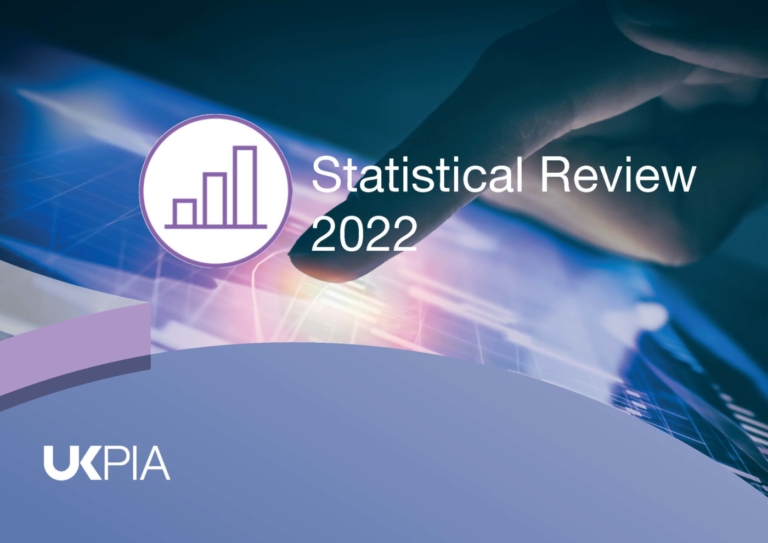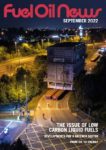
The Statistical Review, which UKPIA has published since 2003, is an accessible compendium of UK downstream industry statistics and provides a comprehensive and quick reference point for those working in industry, policy makers, and all who wish to gain a quantitative understanding of the UK industry.
Significant financial investment
The review highlights the continuing efforts of the sector to overcome both known and unexpected challenges to achieve net zero with companies investing in projects to reduce
the UK’s greenhouse gas emissions, despite the significant financial losses experienced by the sector in 2020. The refining sector alone has reduced its greenhouse gas emissions by 24% since 2000 and, in 2020, as was the case in 2019, the UK’s overall GHG emissions basket was below both the Kyoto Protocol and Third Carbon Budget targets.
Elizabeth de Jong, chief executive officer at UKPIA, commented: “We are now emerging from the Covid-19 pandemic but have lived through extraordinary years for the world as governments took action to protect public health by locking down economies. With working from home restrictions in place to prevent the spread of the virus, demand for refinery products fell as did production across the sector.
“Despite the challenge of Covid-19, the downstream sector has continued to invest heavily in projects to help the UK achieve net zero with Fulcrum BioEnergy and Essar announcing plans for a waste-to-fuel plant in the North West of England and Shell signing an agreement with Uniper to produce blue hydrogen in the East of England being just two of many recent announcements in the past year.
“Another cause for optimism has come with large annual increases to the Government’s Renewable Transport Fuels Obligation (RTFO) that are helping to reduce in emissions from the transport sector and have supported the development of the UK low carbon fuels industry.”
“Since the 1st September 2021, standard (or ‘premium’) grade petrol, known as E10, has contained a higher ethanol content in Great Britain with the change expected to reduce transport carbon dioxide emissions by the equivalent of taking up to 350,000 cars off our roads.”
Challenges emphasise importance of collaboration
“Of course, 2021 and 2022 have also come with other challenges. A spike in demand last autumn, extended protest activities targeting fuel supply chains and the repercussions of the war in Ukraine have all provided unique challenges for fuel suppliers but have also shown the importance of close working between governments and industry stakeholders that UKPIA is so passionate to promote.”
Headlines from the 2022 review
- Due to restrictions imposed to control the spread of the Covid-19 virus, demand for nearly all downstream oil sector products in 2020 decreased substantially and members saw net losses of £1.8 billion
- The UK has the greatest number of operational downstream oil sector low carbon liquid fuel or technology projects in Europe – equal only to France
- The output of UK refineries changed during Covid-19, seeing a larger proportion of petrol and diesel as jet fuel usage decreased substantially (from 9% of output in 2019 to just 4% in 2020 and 2021)
- A higher renewable transport fuel blending target supported the deployment in the UK of low carbon fuels which reduced emissions by over 5 million tonnes of carbon
The UKPIA Statistical Review 2022 is available on the UKPIA Website or in hard copy on request from the UKPIA Press Office.
For an electronic version of the 2022 edition of the Statistical Review, click here.
